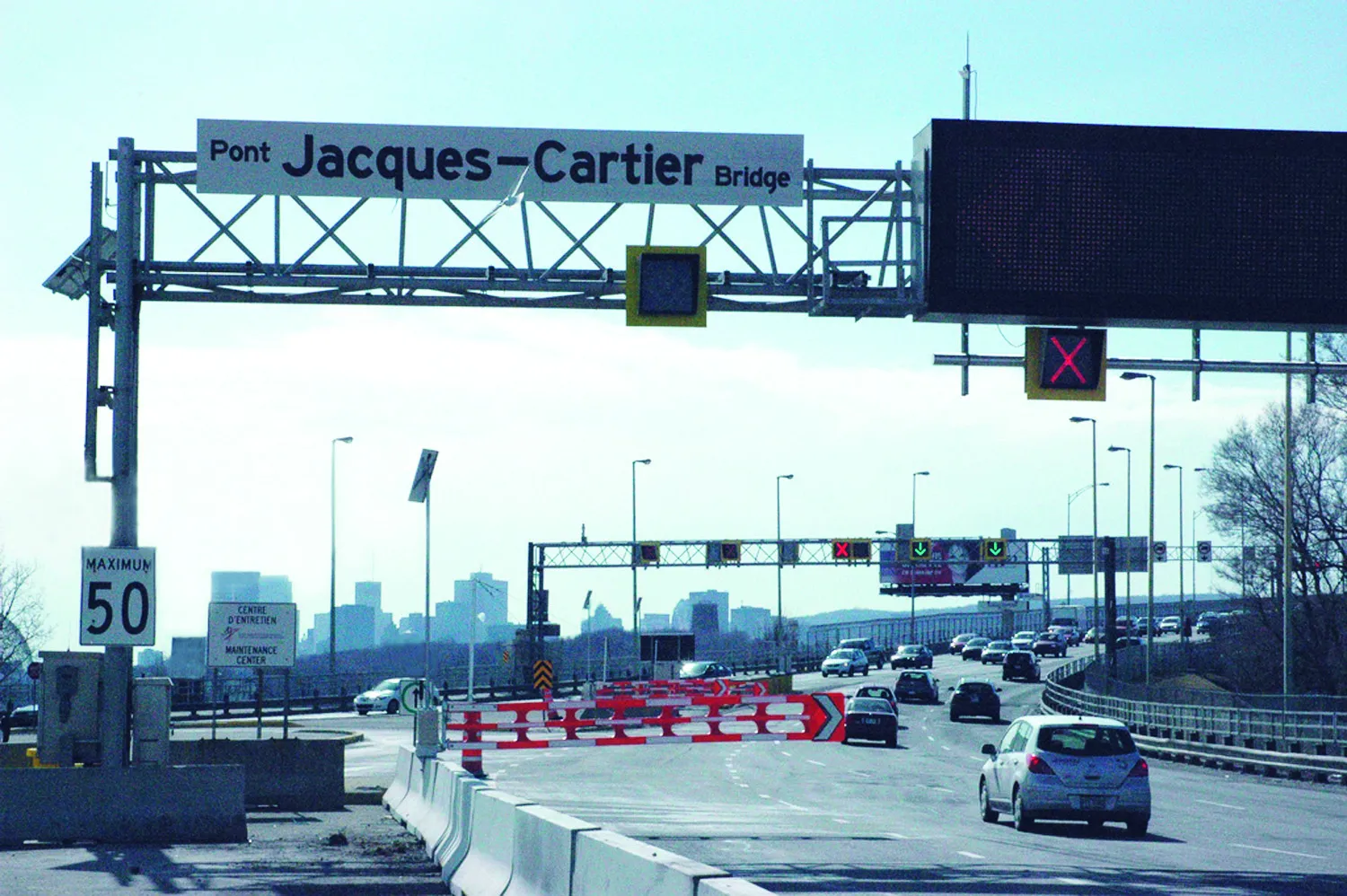The American Road & Transportation Builders Association (ARTBA) has seen a strong response for its student video competition, highlighting US infrastructure. The third time this competition has been run, it attracted 40 entrants across a number of categories. First Place in Category II for post-secondary, college or graduate students was awarded to the film; Importance of Infrastructure.
October 14, 2013
Read time: 2 mins
The American Road & Transportation Builders Association (ARTBA) has seen a strong response for its student video competition, highlighting US infrastructure. The third time this competition has been run, it attracted 40 entrants across a number of categories. First Place in Category II for post-secondary, college or graduate students was awarded to the film; Importance of Infrastructure. This was made by Tom Rogers, an undergraduate from South Boston, studying cyber security at University of Maryland University College. He made a compelling four-minute video that explores the impact of deteriorating transportation infrastructure with a viewpoint of personal safety and quality of life. Rogers uses a whiteboard to construct eye-catching images that outline the affect chronic underinvestment in transportation has on the economy and businesses, and explains options politicians face in solving the funding crisis. Rogers also notes that it will take new publicly-financed transportation improvements and public-private partnership to truly address the nation’s infrastructure challenges.
Second place in Category II went to A Cheaper Way to Travel? by Shanette Crawford biology major at College of the Canyons in Palmdale, California, and her partners Shontwanette Osawaru, multimedia production major at California State University Northridge (CSUN), and Zsanette Osawaru, a graduate student pursuing a masters in social work at CSUN.
Third place in this category was a tie between City under Construction by Jordan Johnson, a multimedia production major at Oral Roberts University in Tulsa, and Transportation Infrastructure: Past, Present, & Future by Patryk Koceniak, a multimedia design and development student at Devry University in Keansburg, New Jersey.
Second place in Category II went to A Cheaper Way to Travel? by Shanette Crawford biology major at College of the Canyons in Palmdale, California, and her partners Shontwanette Osawaru, multimedia production major at California State University Northridge (CSUN), and Zsanette Osawaru, a graduate student pursuing a masters in social work at CSUN.
Third place in this category was a tie between City under Construction by Jordan Johnson, a multimedia production major at Oral Roberts University in Tulsa, and Transportation Infrastructure: Past, Present, & Future by Patryk Koceniak, a multimedia design and development student at Devry University in Keansburg, New Jersey.








